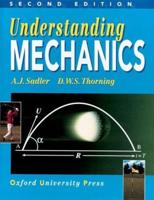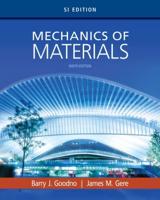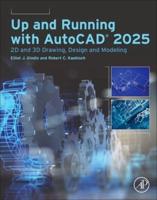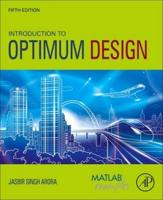Publisher's Synopsis
Heat transfer is one of the three basic tenants of chemical engineering and engineering science, and contains many basic and practical concepts that are utilised in countless industrial applications. Heat transfer deals with the transfer of energy in the form of heat; the applications almost exclusively occur with heat exchangers that are employed in the chemical, petrochemical, petroleum (refinery), and engineering processes. The transfer of heat occurs between a hot and a cold body, normally referred to as the source and receiver, respectively. Heat is associated with the internal potential and kinetic energy of a system. The transfer or dispersion of heat can occur by means of three main mechanisms, conduction, convection and radiation. In conduction, heat flows from a higher temperature region to regions of lower temperature. This occurs within solid, liquid, or gaseous mediums or between different mediums that make direct physical contact with each other. In convection, the combined action of heat conduction, energy storage, and mixing motion serve to transport energy. In radiation, heat flows from a higher temperature body to a lower temperature body when the bodies are separated in space, even across a vacuum. This book emphasises on heat transfer calculations in various facets of engineering applications which are essential to aid engineering design of heat exchanging equipment. This interdisciplinary book comprises topics dealing with combined action of heat transfer and concomitant processes. Some numerical and experimental information are presented with ultimate skill. Equally, the analytical solution of heat transfer is touched in this book. Study of heat transfer phenomena and applications are equally emphasised in this subject. The text would hopefully serve as a valuable tool for those individuals in industry and academia involved directly, or indirectly, with heat transfer applications.










